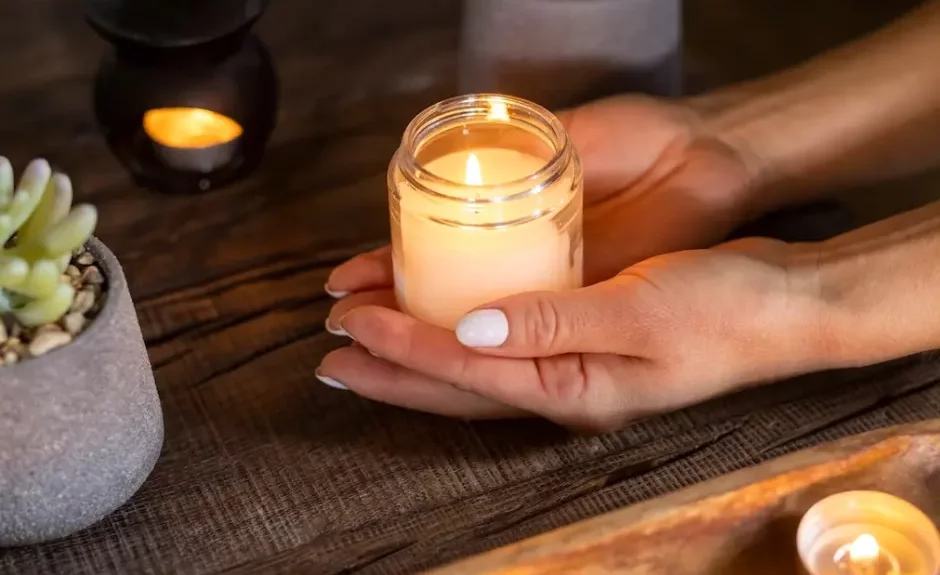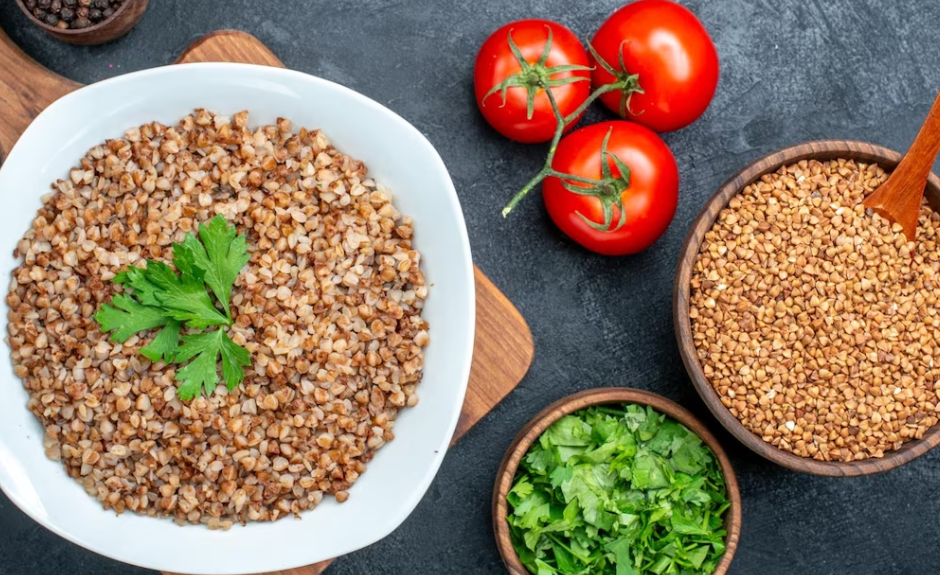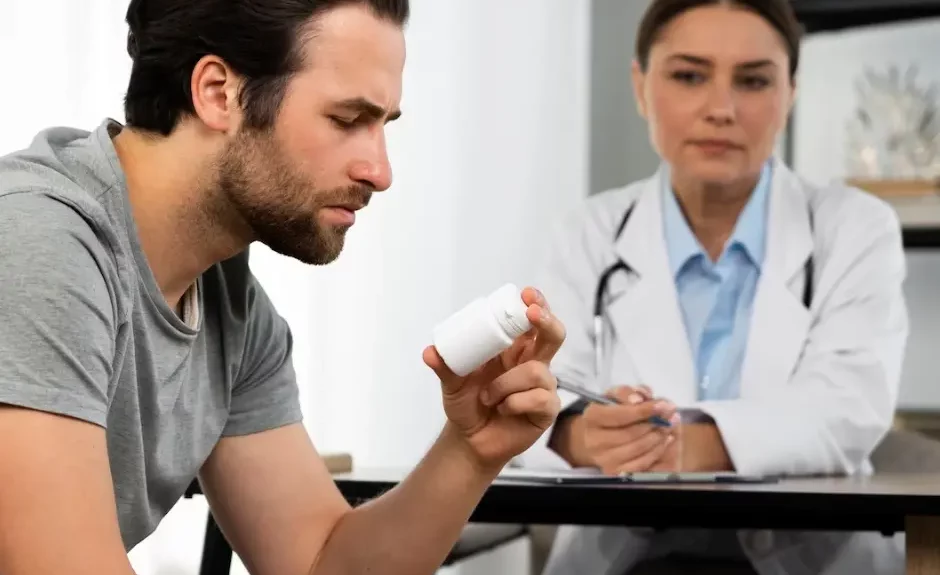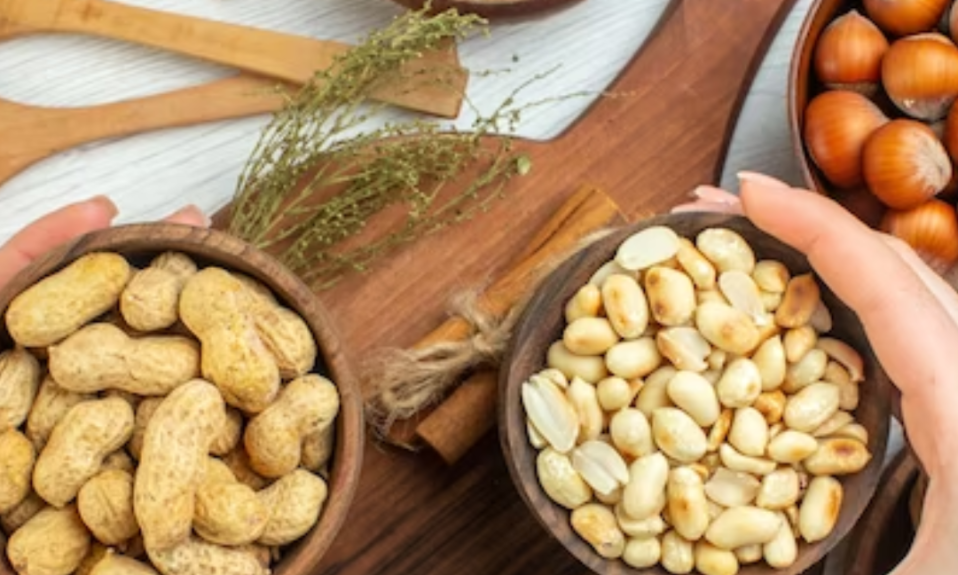If your complexion looks lackluster and feels rough or stretched, it could be an indication that your skin is dehydrated.
While utilizing moisturizers, face oils, and skincare items can aid in preserving the well-being of your skin and keeping it radiant, providing it with hydration from within is crucial to ensuring it stays nourished.
This article will guide you on how to hydrate your skin and the advantages it brings.
Keep reading!
Hydration vs. Moisturization
Skin hydration is achieved by introducing water to the skin, while moisturization refers to incorporating elements that keep the water locked in. The two processes are complementary.
Simply providing your skin with water can give it a momentary boost of plumpness, but if there are no elements to retain it, the water will inevitably evaporate.
Moisturization, on the other hand, involves the use of ingredients that seal in moisture and fix the skin barrier, thus reducing water loss and enhancing the texture and overall health of your skin.
Steps to Hydrate Your Skin
Drink Sufficient Water
To achieve skin hydration, it’s crucial to first replenish the body’s water levels. It’s recommended to consume a minimum of eight glasses of water daily, but your needs may vary depending on your level of physical activity and body weight.
Use Hydrating Skincare Products
For those with dehydrated skin, using creams that contain water is highly recommended. The key for dehydrated skin is to use products that can permeate and provide water.
Ingredients such as hyaluronic acid, glycerin, ammonium, and urea lactate can be very helpful in retaining skin hydration.
Avoid Hot And Long Showers
As surprising as it may seem, taking extended baths can harm the skin’s barrier, leading to the loss of moisture and important oils and dehydrating your skin as a result. To avoid this, it is advisable to take showers or baths with lukewarm water.
Pamper With Face Masks
A hydrating face mask is rich in ingredients that promote hydration. Incorporating one into your daily skincare routine can help keep your skin looking plump and hydrated. It can also help to minimize the visibility of fine lines and dark circles.
Use A Humidifier
A device known as a humidifier can help to increase the moisture content in the air when it is low. This can be especially useful during the dry winter season when the air is arid.
Sunscreen is Essential
It is essential to apply a sunscreen that protects against both UVB and UVA rays every time you go out during the day, as sun exposure can cause your skin to lose moisture and degrade the elastin and collagen that provide elasticity and strength to your skin, resulting in early signs of aging. Not protecting your skin from the sun can also cause dehydrated skin.
Eat Foods Rich in Water
Eating vegetables and fruits not only helps to hydrate the body but also provides a plethora of benefits to the skin. Fruits such as lemons and oranges, which are high in juice and Vitamin C, are particularly beneficial in maintaining the texture of the skin. Incorporating foods having Vitamin B3 and vitamin A in your diet also helps to enhance the overall health of your skin.













